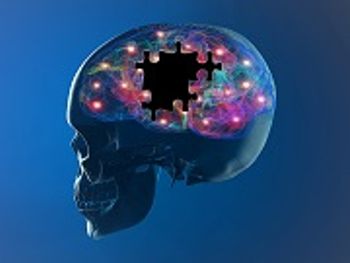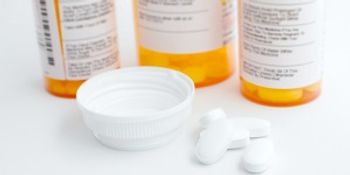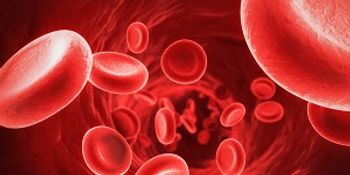
A new study indicates that high doses of fish oil supplementation fails to prevent the recurrence of atrial fibrillation.

A new study indicates that high doses of fish oil supplementation fails to prevent the recurrence of atrial fibrillation.

Many cardiologists and pharmacists are concerned about clopidogrel, especially when it is prescribed for patients with diabetes.

As nearly one-third of patients with gastroesophageal reflux disease are partial responders to proton pump inhibitors (PPIs), health care professionals could benefit from reliable methods that predict who will respond to PPIs and who will not.

Neuroprotective nutrients appear to enhance cognition, memory, and other impaired functions seen in patients with Alzheimer's disease.

A practical approach to daily life with the support of a pharmacist can make a difference.

Study shows administration of high-dose vitamin D to intensive care unit patients did not significantly reduce length of hospital stay or hospital mortality.

Research suggests that vitamin D supplementation may boost skeletal muscle function and enhance athletic performance.

Selenium and vitamin E supplementation will not prevent cataracts in men, a new study suggests.

Combining 2 classes of COPD medications leads to better outcomes for older adults with comorbid asthma.

Approximately 6.5 million Americans are prescribed digoxin, a cardiac glycoside with a long, fascinating history.

The My GI Health tool tracks symptoms of gastroesophageal reflux disease over time, helping clinicians save time and improve patient care.

Postmenopausal women who consume adequate amounts of potassium have reduced stroke risk.

Patients who receive statins soon after acute coronary syndrome are 24% less likely to experience unstable angina after 4 months.

For patients, having many treatment options can add to the stress of a cancer diagnosis.

Study indicates that low vitamin D levels could double the risk of Alzheimer's disease in older adults.

Program featuring care transition pharmacists shown to reduce hospital readmissions, improve patient satisfaction.

PARADIGM-HF study results offer insight into a new heart failure treatment mechanism, neprilysin inhibition.

Updated REMS attempts to stem the flow of extended-release, long-acting opioids to addicts while ensuring patients in severe pain retain access.

Patients with restless legs syndrome saw significant improvement in symptoms after vitamin D supplementation.

A recent study examines the effects of delayed diagnosis on the treatment outcomes of bipolar patients with bipolar disorder.

Several new anticoagulants have entered the US market in recent years, but research to find reversal agents for these drugs is ongoing.

A serious, chronic mental disease, bipolar disorder is treatable, and therapeutic options are increasing.

Prone to comorbidities, patients with bipolar disorder can benefit from collaborative care among health care providers.

Researchers review evidence pointing to catecholaminergic"cholinergic imbalance as the factor that influences cycling between affective states.

Patients and clinicians can work together to determine appropriate and personally tailored self-management interventions.

GERD patients are not following recommendations to avoid acid-triggering foods, according to a recent study.

Patients continue to benefit from high-dose atorvastatin therapy for at least 5 years after acute coronary syndrome, according to a new study.

The best comment health care professionals can make about celebrity deaths is that they heighten suicide awareness.

A recent article suggests that comparing 2 or more observations of a patient's COPD symptoms over time can help clinicians learn why patients lose control of the disease.

For patients who respond poorly or incompletely to opioids, ketamine may be the answer.